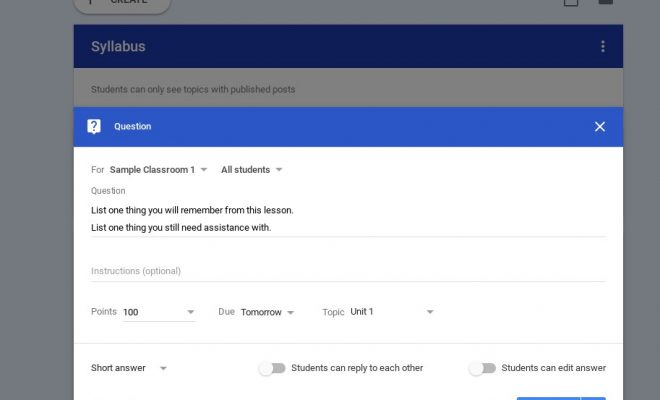Class Auditing: Everything You Need to Know

Auditing a class is a simple way for students to participate in a class that they are unable to accommodate into their schedule. Those who ‘audit’ a class sit in for the semester but do not perform any graded course work. It is a terrific option for individuals who are interested in the subject but are currently busy.
Even if the class is full, ‘audit’ students are welcome to participate. So, how does class auditing work exactly?
Why take on more responsibilities?
Auditing classes are for people who desire to learn. When the burden of classwork and participation is removed, many class audits find it easier to learn. Audit classes are regarded as ‘risk-free.’
When auditing a class, you can uncover a skill you didn’t know you possessed and shift the course of your future studies entirely.
The only major disadvantage is that audit students must still pay for the extra class, even though it does not count for any credits.
How to Become a Certified Auditor Learner?
The simplest approach to auditing a class is to find out which professor is teaching the class you want to audit. Contact them personally through email and explain why you believe it would be beneficial to your overall education and college experience.
It may also be helpful to inquire with the lecturer about the amount of engagement required for audit students.
If you are successful, you will most likely be requested to fill out papers indicating why you want to audit the specific class.
The laws and procedures governing auditing vary greatly from school to school. Some schools do not permit it at all. Others will use the letter ‘AU’ to indicate audited coursework on your transcript. Before you may audit another class, you may need to do well in your previous classes.
Auditing Online
If you have trouble auditing classes in person, several universities offer online auditing options.
The online portal edX, which is linked to several colleges around the country, provides a large collection of classes. These are provided by universities such as UC Berkeley, Cornell, the University of Texas, and Caltech, among others, and students can audit them online.
Online auditing services are often free of charge. Some schools even allow you to add credits to your college courses. Most, however, are done independently of your college course and have no bearing on your college grade.
Finally, consider the following:
Auditing a class is a great option for people who want to get the most out of their college education or who may have made a mistake with their course selections. It is a risk-free and hassle-free way to test out a new course.





